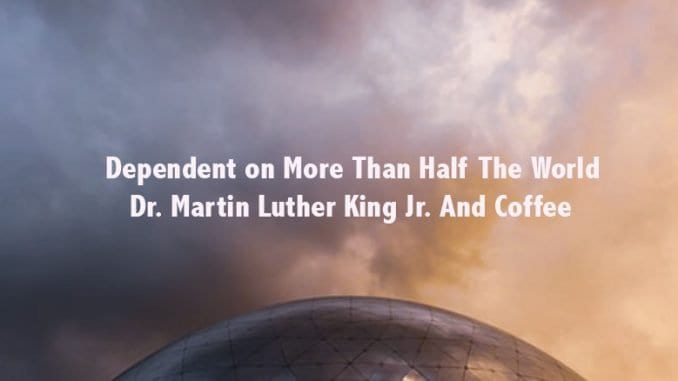
We look at how one of MLK’s speeches can be directly connected to the interdependency of folks within the coffee supply chain.
BY ERIKA KOSS
SPECIAL TO BARISTA MAGAZINE ONLINE
Cover photo courtesy of Behzad Ghaffarian for Unsplash
Today, the United States celebrates one of its few national holidays that honors a single individual. On the third Monday of every January, the country commemorates the legacy of the Reverend Dr. Martin Luther King Jr., who was awarded the Nobel Peace Prize in 1964. However, did you know that not only did he regularly drink coffee, but also that one of his sermons implores his audience to appreciate coffee farmers?
Today on Barista Magazine Online, we summarize some highlights from Dr. King’s legacy, and why it matters that he consistently reminded his American audiences that before we finish breakfast, “We are dependent on more than half of the world.”
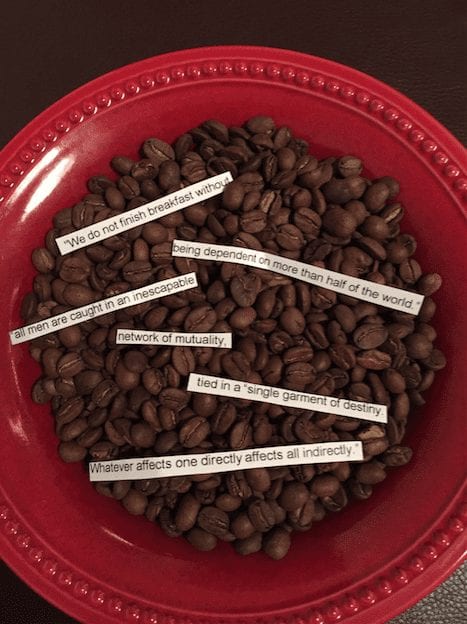
The Reverend Dr. Martin Luther King Jr. remains revered worldwide for his fight against legalized segregation in the United States, his quest for civil rights, and his aspirations for racial equality. As a Baptist minister, Dr. King peppered his teachings with references to the Old and New Testaments. His speeches and sermons often alluded to historical leaders who sought to achieve social justice through non-violent means, such as Jesus and Gandhi. Dr. King also sought to appeal to the conscience of Americans by utilizing egalitarian rhetoric used by the founding fathers of the United States.
The desire for a national holiday to honor Dr. King began soon after his assassination on April 4, 1968. Still, it didn’t become reality until November 1983, when President Ronald Reagan signed the bill into law for the third Monday of every January to serve as a day to honor the legacy of Dr. King and his fight for civil rights. The first official national observance took place in January 1986.
While he remains famous for the “I Have a Dream” speech that he gave on the steps of the Lincoln Memorial in 1963, Dr. King gave hundreds of speeches and sermons before that, many of which entreated his audiences toward democratic ideals and Christian virtues.
“We are everlasting debtors to known and unknown men and women. We do not finish breakfast without being dependent on more than half of the world … at the table we drink coffee that is provided for us by a South American, or tea by a Chinese, or cocoa by a West African. Before we leave for our jobs we are beholden to more than half the world.”
—Martin Luther King Jr.
This quote comes from one of Dr. King’s sermons, which he titled “The Man Who Was a Fool.” Dr. King delivered this sermon on a few occasions, at different churches or church events, both in Illinois and in Alabama in the early 1960s, at the height of the bus boycotts.
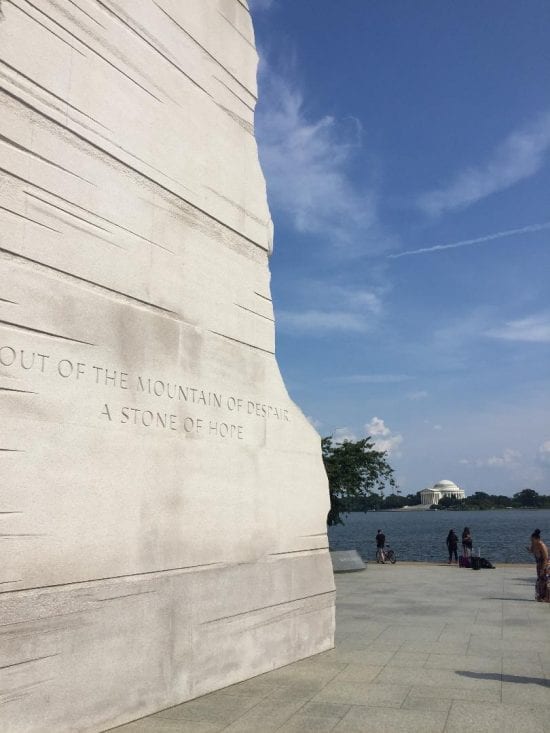
His focus was to explain a parable of Jesus, about an unnamed rich man, who kept all of his wealth and riches to himself. According to Dr. King, this rich man was a fool because he was an “individualist gone wild” who failed to appreciate the “interrelated structure of reality.” The entire sermon challenges his 1960s audience that their greed and selfishness had gone too far. For example, to the question, “What shall we do with all the food that we store for a future rainy day?” Dr. King recommends instead that, “We can store our surplus food free of charge in the shriveled stomachs of the millions of God’s children who go to bed hungry at night.”
Toward the end of the sermon, Dr. King describes our global interdependence:
“In a real sense, all life is interrelated. All men are caught in an inescapable network of mutuality, tied in a single garment of destiny. Whatever affects one directly affects all indirectly. I can never be what I ought to be until you are what you ought to be, and you can never be what you ought to be until I am what I ought to be. This is the interrelated structure of reality.”
—Martin Luther King Jr.
This interrelated structure of reality applies to us who work in the global coffee supply chain—one part of the chain cannot thrive if another part is failing. If one group of people in coffee cannot earn a just and equitable income, then the entire chain is at risk.
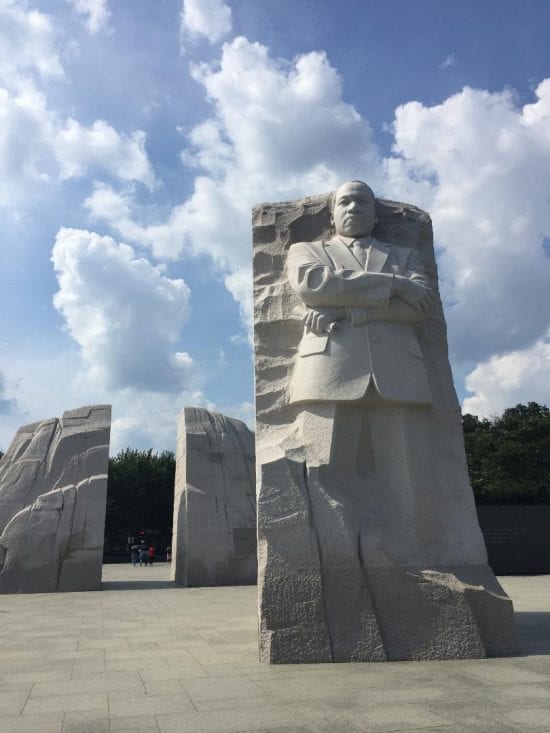
If Dr. King believed that the 1960s was a time of avarice and materialism, I can only imagine what he would think now in the year 2020, particularly about the ways that the climate crisis disproportionately affects those who are poor and vulnerable. Perhaps one way we can honor his legacy is to consider that, when it comes to specialty coffee, we are truly “tied in a single garment of destiny,” and that our dependence upon each other could lead us toward greater unity if we all remember that “whatever affects one directly affects all indirectly.”
If you wish to read the full sermon, one version of it is available here.
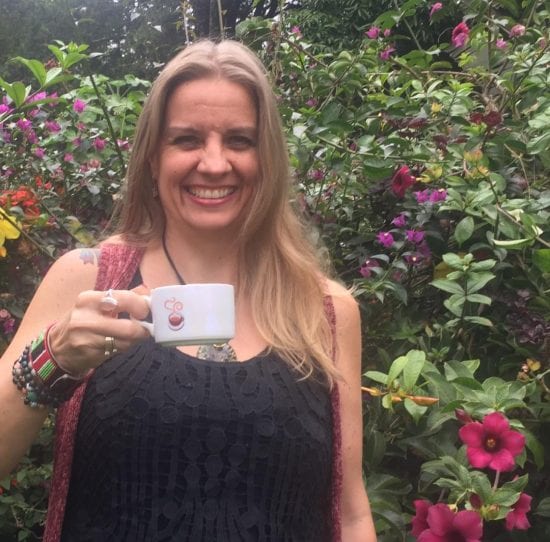
ABOUT THE AUTHOR
Erika Koss’ coffee career began in 1995 as a barista in San Diego. Now living in Nairobi, Kenya, she is a research associate at the University of Nairobi, a Ph.D. candidate in International Development Studies at Saint Mary’s University in Halifax, Nova Scotia, and an Authorized SCA Trainer. Follow her on Instagram @aworldinyourcup.

